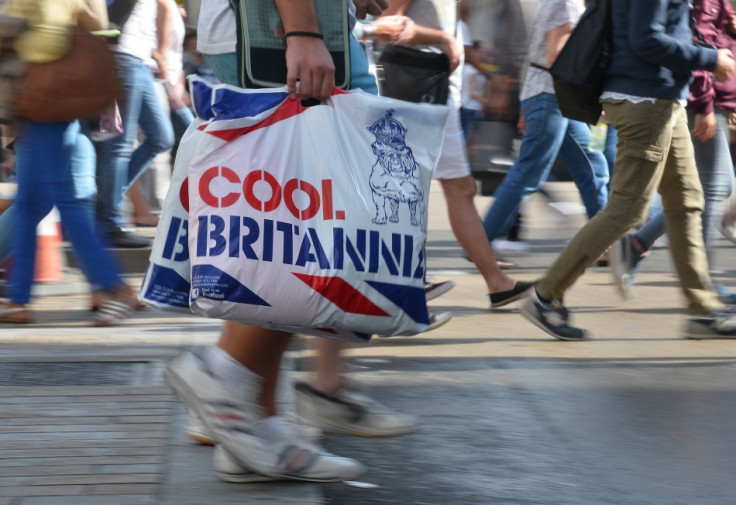Fears mount for UK economy as retail sales growth tumbles to lowest level in four years
Retail sales fall 0.8% month-on-month in September, dragged lower by non-food stores.

UK retail sales fell more than expected in September as Britons reined in their spending, with quarterly growth falling to a four-year low, official figures released on Thursday (19 October) showed.
According to the Office for National Statistics (ONS), when including auto fuel, retail sales fell 0.8% month-on-month, compared with analysts' forecast for a 0.1% decline, while the 1% increase recorded in August was revised down to 0.9%.
Non-food stores provided the greatest downward pressure following growth in August.
Despite the decline, the ONS added the underlying pattern in the retail industry remained one of growth, with retail sales increasing 0.6% in the quarter through to September, compared with the previous three months.
However, that was the lowest quarterly growth on record since October 2013.
"There is a continuation of the underlying trend of steady growth in sales volumes following a weak start to the year, and a background of generally rising prices," said ONS senior statistician Kate Davies.
"These increased costs are reflected in the more rapid growth in the amount spent when compared with the quantity bought."
On an annual basis, sales rose 1.2%, falling below the 2.1% increase analysts had forecast, while the 2.4% increase from the previous month was revised lower to 2.3%
Store prices, meanwhile, continued to rise across all store types and were at their highest year-on-year price growth since March 2012 at 3.3%.
"The main reason for this slowdown [in sales] is inflation," said Andrew Sentance, senior economic adviser at PwC.
"Prices of goods bought in shops, at petrol stations and online in September were 3.3% up on a year ago, whereas only a year ago they were falling by 1%.
"This surge in inflation - which mainly reflects the fall in sterling since the EU Referendum vote - is squeezing consumers and holding back the growth of retail spending in volume terms."
The report comes a day after the ONS warned wages continued to lag behind inflation.
Average weekly earnings rose by 2.2% year-on-year, in line with the gain recorded in the previous month and slightly above the 2.1% figure analysts expected.
Earnings excluding bonuses, meanwhile, held steady at 2.1%, marginally above the 2% forecast. However, when the impact of inflation is factored in, real weekly wages fell by 0.3%, when including bonuses and by 0.4% when excluding bonuses, compared with a year earlier.
Earlier this week, the ONS said inflation hit the highest level since April 2012 last month, as it rose to 3%.
Samuel Tombs, chief UK economist at Pantheon Macroeconomics, expected the squeeze on real wages to ease quickly next year as retailers have nearly finished passing higher import prices on to consumers.
However, he warned growth in consumers' spending likely will be held back by slow growth in employment, further austerity and rising borrowing costs.
"Household goods retailers also likely will struggle soon in response to the decline in housing market activity," he said.
"Consumers, therefore, are not in a fit state to shake the economy out of its torpor."






